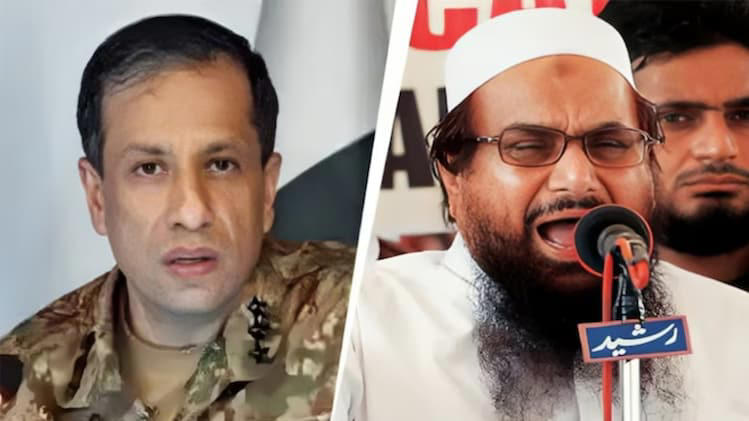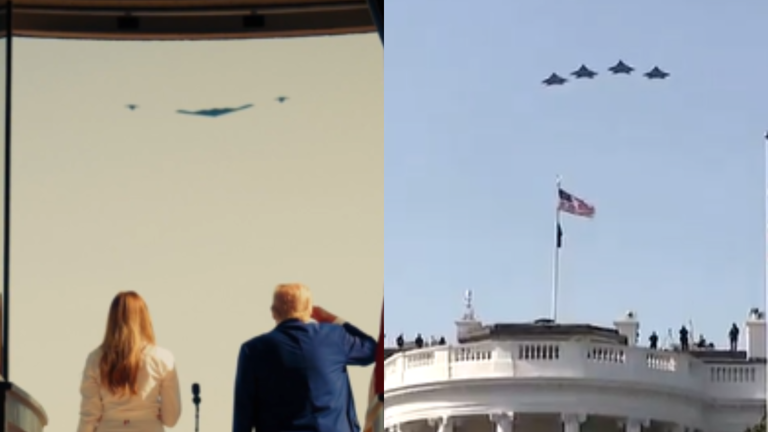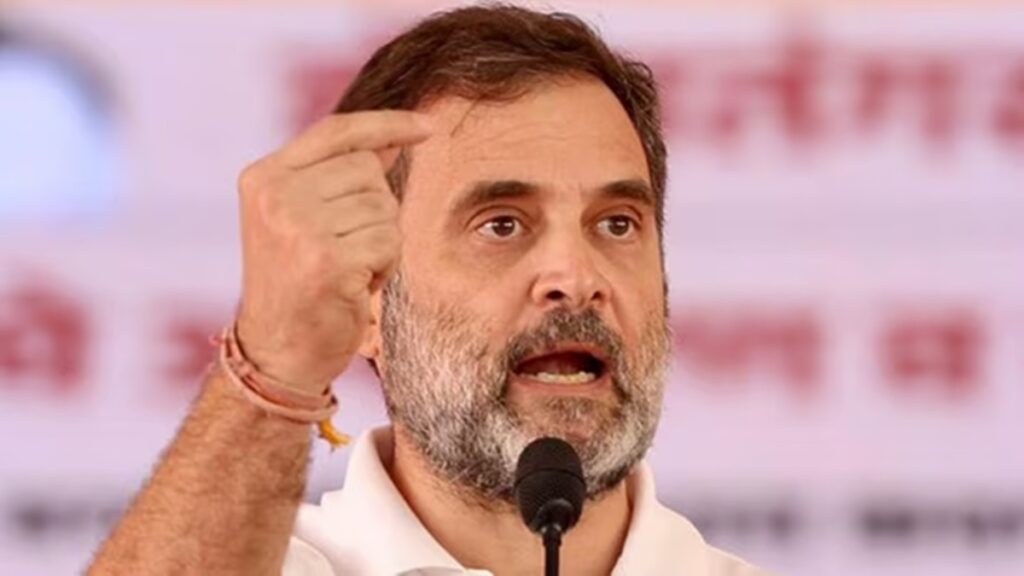Why Are India-Pakistan Tensions Rising Over Water?
Tensions between India and Pakistan have intensified sharply following the April 22 Pahalgam terror attack, where 26 civilians were killed in Jammu and Kashmir. India responded with Operation Sindoor, targeting terror camps in Pakistan-occupied Kashmir, and took the unprecedented step of suspending key provisions of the 1960 Indus Waters Treaty (IWT). This move signaled a shift from diplomacy to pressure.
What turned global heads, however, was the response from Pakistan’s Director General of Inter-Services Public Relations (DG-ISPR), Lieutenant General Ahmed Sharif Chaudhry, who echoed Lashkar-e-Taiba (LeT) founder Hafiz Saeed’s notorious threat, stating, “If you block our water, we will choke your breath.” The striking similarity in language has triggered alarm internationally and has drawn sharp criticism for blurring the line between state rhetoric and terrorist propaganda.
What Did DG-ISPR Say, and Why Is It Being Compared to Hafiz Saeed?
In a speech delivered at a Pakistani university, Lt Gen Ahmed Sharif Chaudhry, the face of Pakistan’s military media wing ISPR, warned India, saying:
“If you block our water, we will choke your breath.”
This statement mirrors the exact tone and content of Hafiz Saeed, the US-designated terrorist and Lashkar-e-Taiba (LeT) chief, who infamously declared:
“If you stop the water, God willing, we will stop your breath. Then blood shall follow in these rivers.”
The overlap in messaging drew strong criticism from regional observers, including Afghan Member of Parliament Mariam Solaimankhil, who remarked,
“He seems to have copied Lashkar-e-Taiba’s founder word for word.”
The DG-ISPR’s rhetoric has raised serious concerns about Pakistan’s military establishment adopting the language of terrorist groups, further eroding the credibility of Pakistan’s claim to be a responsible international actor. The use of such threats over water, a humanitarian resource, also points to weaponization of geography and ecology in geopolitical conflict.
Pakistan Army’s DGISPR confirms that in response to India putting Indus Water Treaty into abeyance, the Pakistan Army will kill Indians. Pakistan Army since years has been nurturing and sheltering terror groups like Jaish e Muhammad and Lashkar e Tayyiba.pic.twitter.com/OfdjakxHmS
— Aditya Raj Kaul (@AdityaRajKaul) May 22, 2025
What Triggered India’s Suspension of the Indus Waters Treaty?
The Indus Waters Treaty (IWT), signed in 1960 and brokered by the World Bank, is one of the world’s most durable water-sharing agreements. It regulates how India and Pakistan share the waters of the Indus River and its tributaries.
But after the Pahalgam terror attack, which India directly blamed on Pakistan-based terror groups, the Modi government declared the treaty partially suspended, arguing that “blood and water cannot flow together.” At a rally in Bikaner, Rajasthan, Prime Minister Narendra Modi issued a stern message:
“Pakistan will not get India’s rightful share of water. Playing with the blood of Indians will now cost Pakistan heavily.”
He added:
“No power in the world can shake us from this resolve.”
This came alongside a series of punitive steps: targeted strikes on terror camps, diplomatic downgrading, and restriction of cross-border trade. The suspension of IWT is a geostrategic tool to pressure Pakistan diplomatically and economically, marking a policy shift from strategic restraint to coercive diplomacy.
How Has Pakistan Officially Responded, and What Are the Broader Implications?
While DG-ISPR’s comments were laced with aggression, Pakistan’s civilian and legal apparatus has tried to strike a more cautious tone. Legal advisors and foreign ministry officials in Pakistan maintain that the Indus Waters Treaty is internationally binding and cannot be suspended unilaterally. They’ve called for resolution through the treaty’s dispute mechanisms, suggesting they are willing to talk—but only within the existing framework.
However, the contradiction between Pakistan’s military threats and its legal positioning reveals internal fault lines and underscores the dominance of the military establishment in foreign policy. The military’s language—parroting that of terrorists—may also undermine Pakistan’s standing in international forums, especially as global scrutiny over terrorism financing and state complicity continues.
India, on the other hand, is leveraging this incident to internationalize Pakistan’s duplicity, using quotes like those from Hafiz Saeed and Chaudhry to argue that “the script is shared between terrorists and generals.” The remarks may serve as evidence in diplomatic lobbying, particularly in forums like the UN and FATF, where Pakistan has faced repeated censure.





















